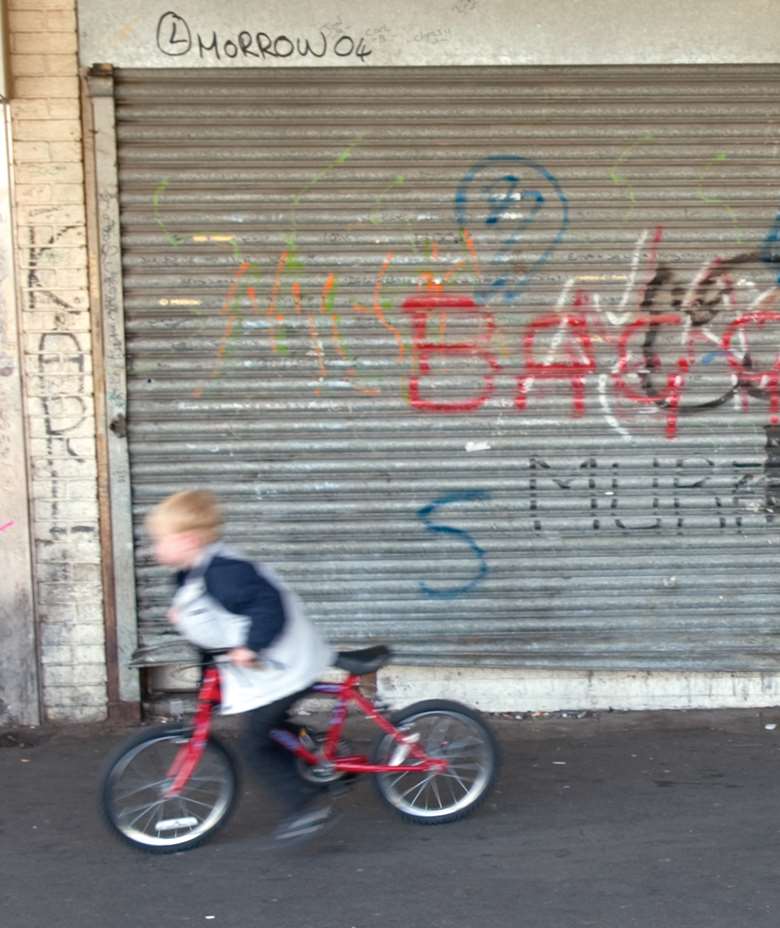Further 200,000 children pushed deeper into poverty
Joe Lepper
Thursday, June 25, 2015
Around 200,000 more children have been pushed deeper into poverty over the past year, it has emerged.

Latest Department for Work and Pensions figures show that in 2013/14 there were 2.7m children living in households with an income below 50 per cent of the UK’s average after housing costs, up 200,000 on the figure for 2012/13.
This is the fourth year in succession this measure of severe poverty has risen. The last fall came under the Labour government when the figures fell from 2.4 to 2.2m between 2008/9 and 2009/10.
Since the coalition government was elected in 2010, 500,000 more children have been pushed deeper into poverty, according to this measure.
Matthew Reed, chief executive of The Children's Society, said: "It is a scandal that there are 200,000 more children who have been pushed deeper into poverty over the past year."
"There has also been a steady rise over the last five years in the numbers of children living in in-work poverty, clearly showing that even those families with jobs are suffering because of government policies."
The number of children at risk of slipping into poverty has also increased, the latest figures suggest.
In 2013/14 there were 5.6m children in households with an income below 70 per cent of the UK’s average, up 200,000 on 2012/13 and up 800,000 since 2009/10.
The government defines child poverty as living in a household with an income of below 60 per cent of the UK’s average, not taking into account housing costs.
For the fourth year in a row this number has remained static at 2.3m. The last fall was between 2009/10 and 2010/11 when 300,000 children were lifted out of this definition of poverty.
The government is currently considering changes to the way child poverty is measured.
Reed is critical of such a move.
“Moving the goal posts by changing the definition of child poverty will do nothing to help the millions of children who are suffering in real poverty," he said.
"The government needs to stop debating definitions and start doing more to help children.”
4Children director of external affairs Helen Berresford warned that the number of children in poverty could rise due to proposed government cuts to the welfare budget.
She said: “It’s clear that any cuts to the welfare budget which could lead to increases in child poverty are self-defeating.
"Any reductions in tax credits, which support parents, must be met by a corresponding rise in salaries – otherwise we’ll be pushing more children into poverty."
Javed Khan, chief executive of Barnardo’s, said government plans to cut struggling families’ incomes further by changing tax credits are "deeply concerning".
“So that every child gets the chances in life every child deserves, this government must ensure that changes to the benefits system makes work pay for those on low incomes, and doesn’t force families further into poverty,” he said.
Work and Pensions Secretary Iain Duncan Smith has defended the government’s welfare reform programme.
"We know that work is the best route out of poverty, with children in workless families around three times as likely to be in poverty than those in working families," he said.
"That is why, as part of our long-term economic plan, our reforms to the welfare system are focused on making work pay, while our reforms to the tax system are allowing people to keep more of what they earn."




